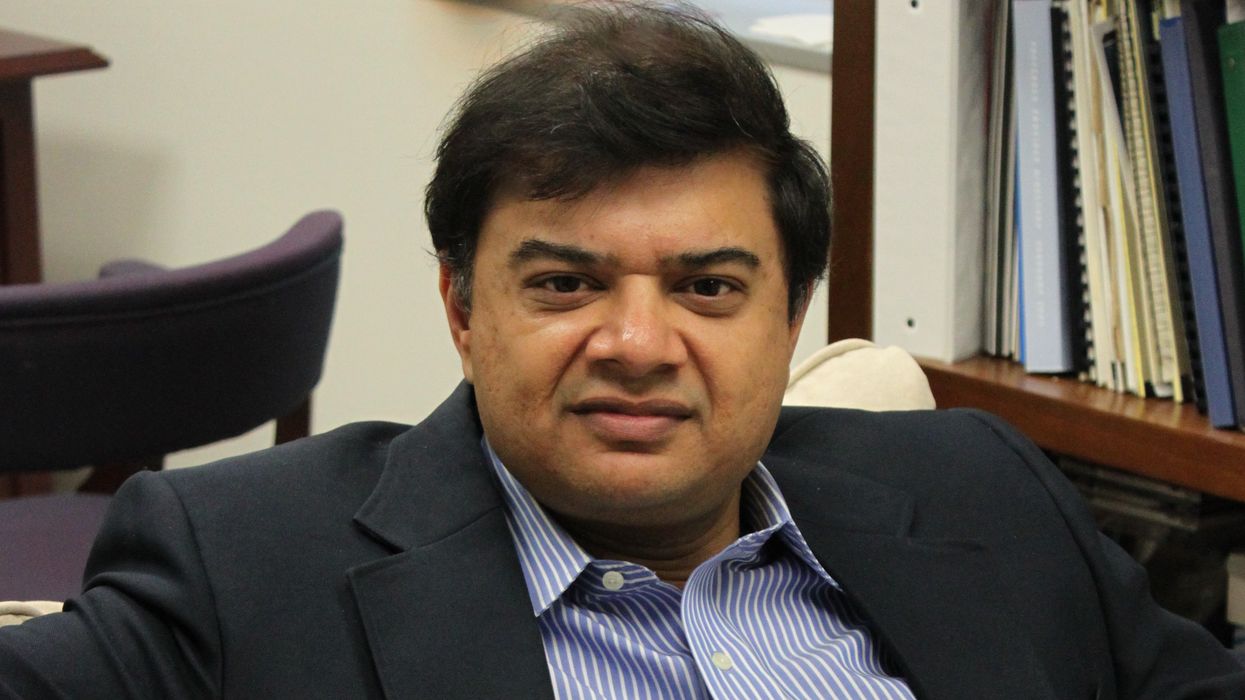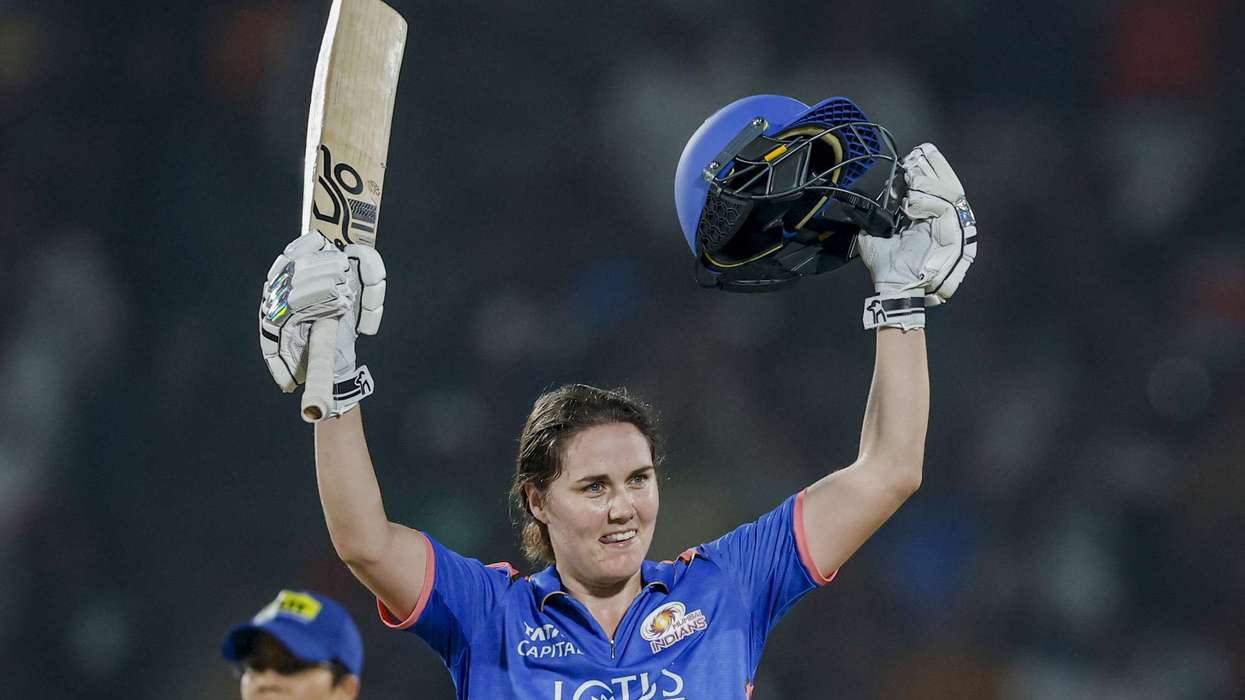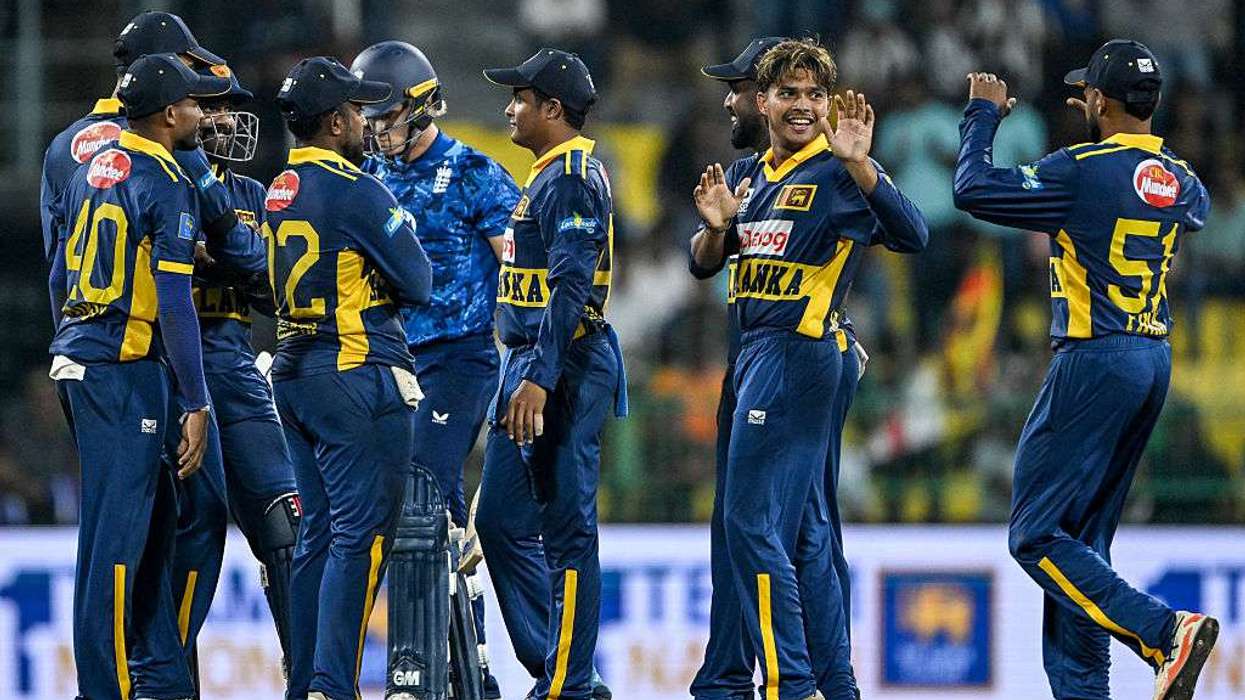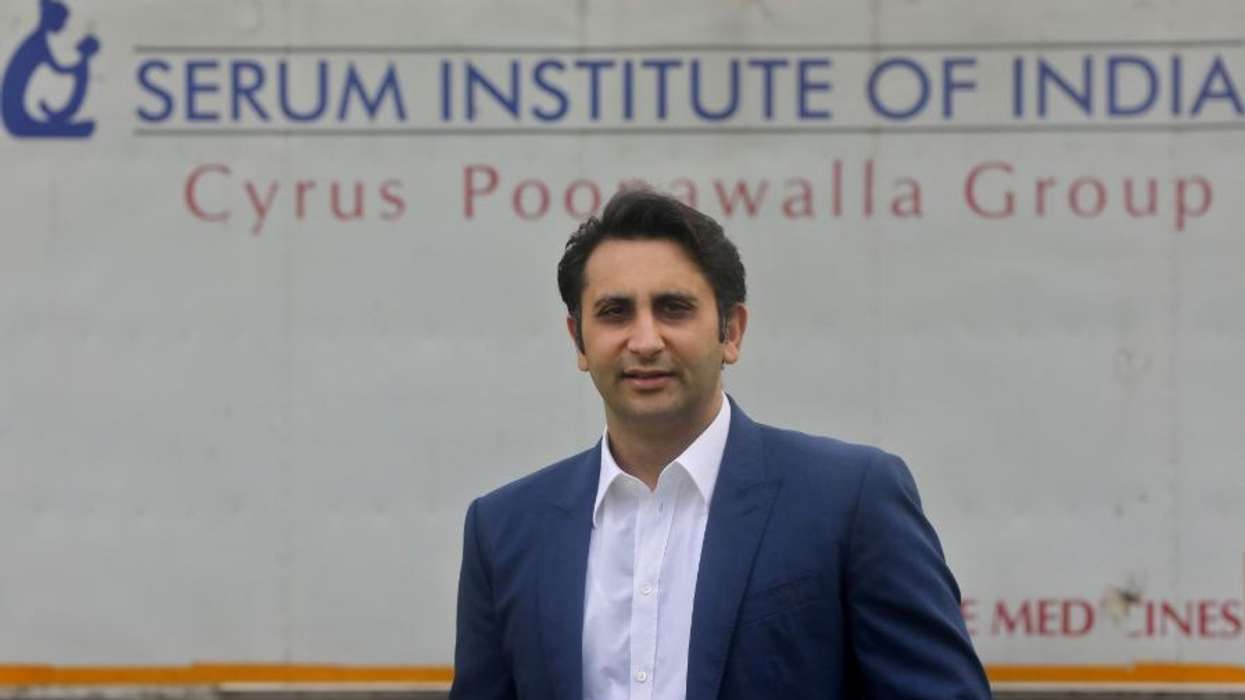INDIAN AMERICAN businessman Sanjay Govil is convinced Twenty20 cricket can be the next big cultural import into the US, following a trail blazed by yoga and Bollywood-style weddings.
Previous investors have held similar dreams of breaking into the US sports league market, only to be thwarted by the nation’s obsession with baseball, basketball and American football.
IT entrepreneur Govil, however, is confident that along with Microsoft’s Indiaborn CEO Satya Nadella and Silicon Valley’s Anand Rajaraman and Venky Harinarayan, he can embed the shortest format of cricket into the US sporting landscape.
“T20 leagues are the future,” Govil, who owns Washington Freedom, one of the six franchises in the Major League Cricket (MLC), told Reuters.
“Like yoga, like Bollywood weddings, things from India and it’s crazy here.
“People here just love Indian weddings. When we have weddings in hotels, people just stop and watch. It’s a spectacle, right?”
India is cricket’s financial engine with the Indian Premier League (IPL) T20 competition, which has a brand value of $12 billion (£8.63bn).
IPL franchises with deep pockets also own teams in leagues in England, South Africa, the United Arab Emirates, West Indies and the US.
The US featured in the first international cricket match, against Canada, in New York in 1844, but cricket remains very much a niche sport in the country.
The introduction of the MLC in 2023 and staging matches in last year’s T20 World Cup have raised the game’s profile.
Cricket returning to Olympics after a gap of 128 years at the 2028 Los Angeles Games will be “another big impetus”, said Govil. He was born in Canada but grew up in New Delhi before moving to the US.
Govil, who also owns a 50 per cent stake in the Welsh Fire franchise of The Hundred tournament in England, said MLC franchises learned a lot from their interaction with IPL counterparts.
“One of the IPL owners came to my house and he educated me on how to build a team,” he said.
The presence of India’s marquee players in the MLC would have been the icing on the cake, but Govil respects the Indian board’s policy of not allowing its players to take part in leagues abroad.
“I’m sure they have some logic behind why they are doing what they are doing, and I respect that,” he said. “I have to succeed in the cards which are dealt to me.”
Govil knows cricket in the US cannot rely only on the Indian market or south Asian diasporas to be successful.
“We want to grow domestic talent. We cannot just rely on international players,” he said. “We also have to create our own market here, because we cannot just rely on Indian eyeballs watching our matches.”
“We are in this for a long haul,” Govil added. “We are making a lot of investments. We all have to have our own stadiums. Once we have like eight or nine stadiums, that’s when you’re going to really see cricket growing in the US.




